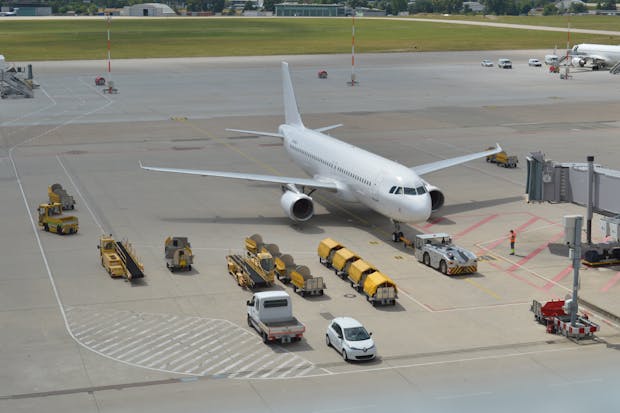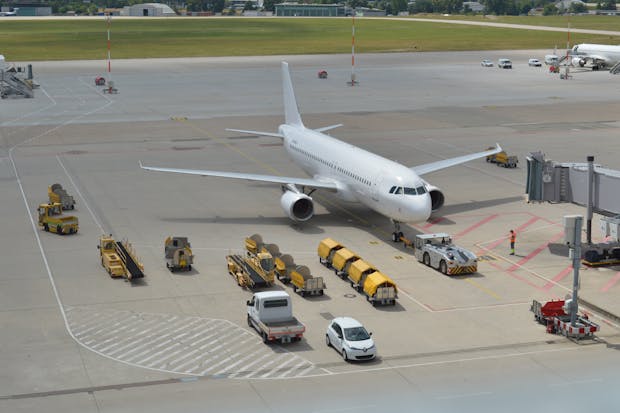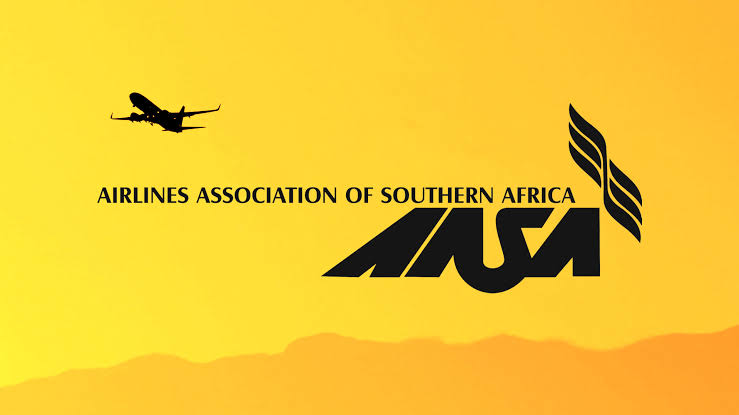AASA calls for bold interventions to transform African aviation
21 JANUARY 2026 : 05:12AM
Lorne Philpot
The Airlines Association of Southern Africa (AASA) has made a call for bold, collective effort to democratise and liberate the African aviation sector through a series of interventions including harmonising regulations, opening markets to competition, stabilising the industry supply chain, financial discipline, governance as well as fixing critical aviation infrastructure and related services.

AASA calls for interventions to transform African aviation. Image: Pexels
AASA: INTERVENTIONS NEEDED TO DEVELOP AFRICAN AVIATION
Africa trails behind the rest of the world, making up just a small percentage of the global air transport market, yet the continent has a huge population.
That said, there is a significant need for transformation in the sector, to make it more sustainable and robust.
Addressing AASA’s 55th Annual General Assembly (AGA) in Lusaka, Zambia, the association’s CEO, Aaron Munetsi, said airlines, airports, air navigation services, regulators and equipment suppliers all had a part to play in rewriting Africa’s aviation negative narrative and demonstrating that African carriers can hold their own globally.
“For too long, African aviation has been underestimated — especially by ourselves. Africa is home to 1.4 billion people, the world’s youngest population and a growing middle class but with just 2.2% of global air transport market share, we are still idling on the runway,” he said.
RESTORING CONFIDENCE IN AFRICA’S SKIES
Mr Munetsi outlined AASA’s multi-pronged strategy for boosting Africa’s air transport sector:
- Safety and standards: Africa must harmonise oversight and recognise mutual licensing and certification — as the EU did in the 1990s — to support SAATM implementation and improve efficiency.
- Supply Chain: The global shortage of aircraft and parts has severely affected African airlines. Manufacturers quote up to six-year delivery lead-times, which requires older, less efficient aircraft to be kept in service for longer. Africa’s carriers face more than US$220 million in additional supply chain-related costs this year alone.
- Financial Sustainability: State-owned airlines must be run with accountability, cost discipline, innovation and partnerships to drive better financial performance.
- Environmental Sustainability: Despite Africa’s small 2% share of global aviation emissions, governments should be facilitating investments in locally produced sustainable aviation fuel while their aviation infrastructure services should be improving operational procedures to help airlines reduce fuel burn and carbon emissions.
- People and Skills: Empowering Africa’s youth, women, and innovators is key and requires investments in training, mentorship and inclusion.
In tandem, archaic protectionist practices and processes that restrict growth had to be stopped with governments rolling back excessive taxes and charges on air transport.
“Aviation is not a luxury — it is an economic lifeline,” Munetsi said. “If governments genuinely want to democratise air transport they should remove excessive statutory charges and taxes that have driven up costs, made ticket prices higher and pushed air transport beyond the reach of most Africans. Economically restricting access to air transport in this way undermines countries’ competitiveness.”
RAISING CONCERNS
Munetsi raised concerns about operational inefficiencies and safety failures in South Africa, citing the ongoing suspension of over 200 instrument flight procedures by Air Traffic and Navigation Services (ATNS), which continues to disrupt airline operations and cost airlines millions of dollars in additional fuel, engine wear and maintenance, crew flight duty, flight operations support, customer compensation and reputational damage.
AASA is worried that the glacial pace at which airspace management failures are being addressed meant the scale of the economic impact is not fully grasped.
“The failure to design, manage and maintain airspace cannot be dismissed as an ‘inconvenience’. It needs to be seen for what it is; an economic disaster which demands a commensurate emergency disaster response. The lack of urgency is reflected in the glacial pace at which approval renewals were being processed,” he emphasised.
AASA also called on governments to invest in digital border and customs systems and to relax restrictive visa regimes that deter travel.
It also wants to see Mozambique and other governments with foreign reserves release airlines’ blocked funds and let local airlines access foreign currency to purchase aircraft spare parts and cover other dollar-priced costs.
“African aviation’s success depends on collaboration and shared responsibility. It’s time to stop talking and start improving. Only by working together can we ensure Africa’s aviation sector finally takes off and becomes far more than a two-percent player in the global market,” he concluded.
ABOUT AASA
The Airlines Association of Southern Africa (AASA) represents most of the airlines in the SA Development Community bloc on matters of common interest relating to government policies, legislation, regulations, planning, operational efficiency, safety, security, taxes, charges and other matters affecting its members’ sustainability and the provision of affordable and accessible air transport throughout the region.
AASA was established in 1970 and currently has 16 airline members and 41 associate members, including infrastructure service providers, aircraft and engine manufacturers and other industry suppliers, ground handling companies and allied industry bodies.
AASA is a regular participant and contributor to the International Civil Aviation Organization (ICAO) and International Air Transport Association (IATA) and supports their initiatives in the region.
Source: https://sustainabilityinthesky.com/aasa-calls-for-bold-interventions-to-transform-african-aviation/
Featured Image
Category: Economic and Business Sectors

